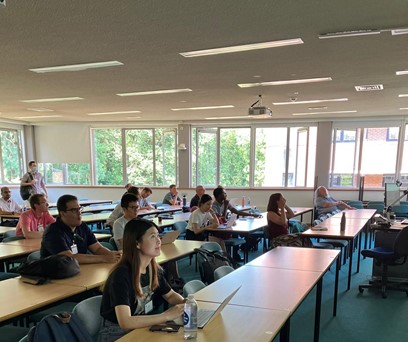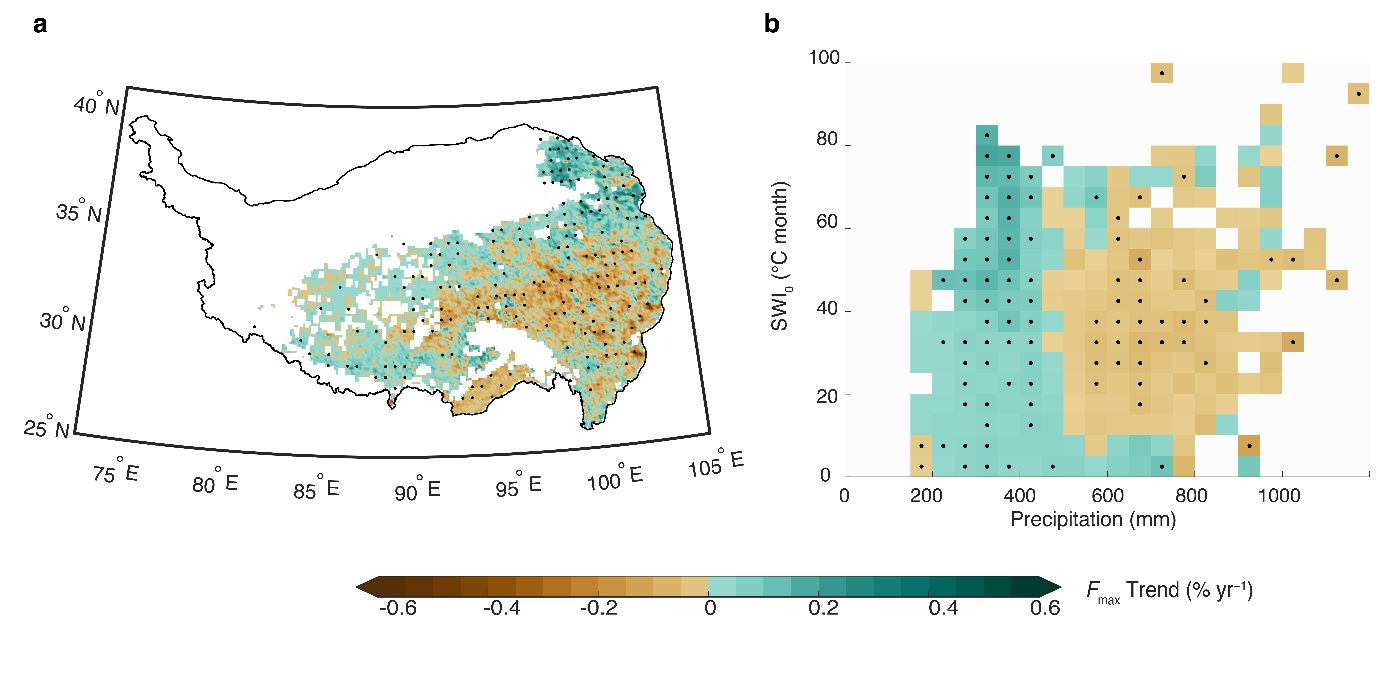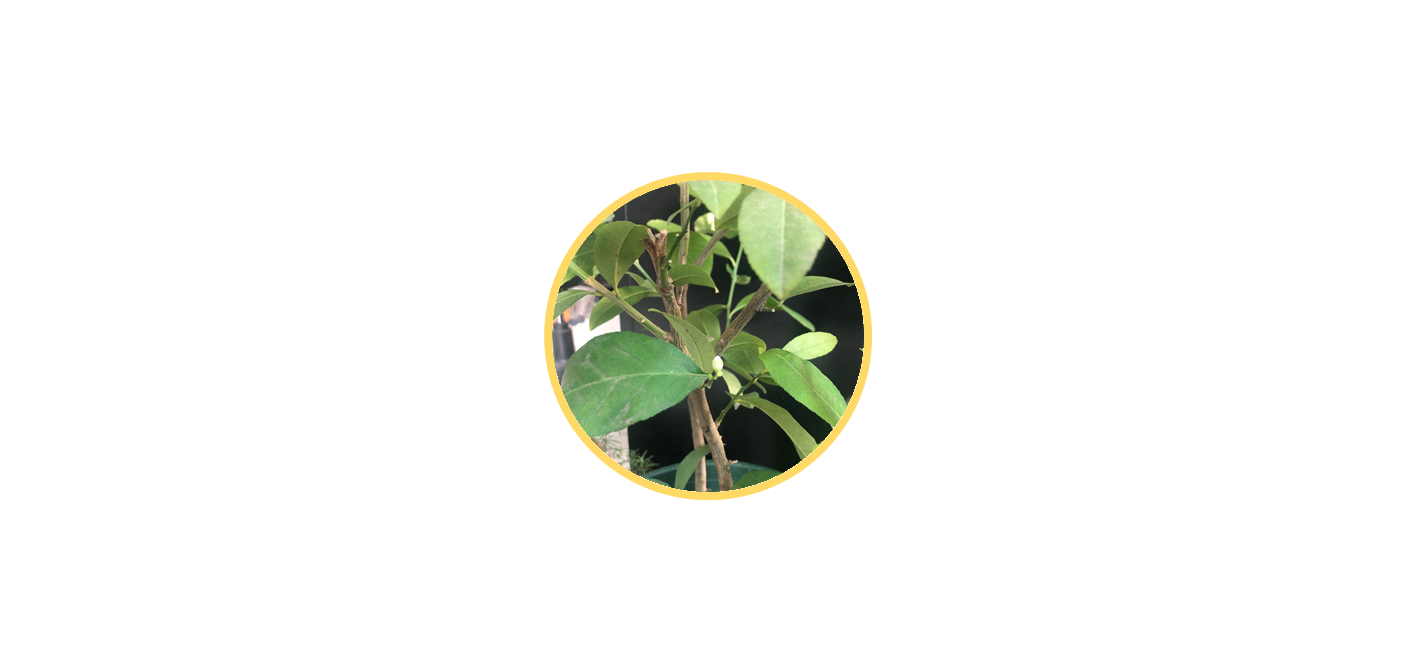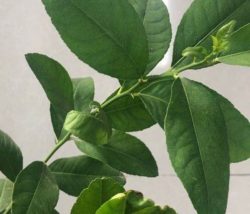The week of the 18th July 2022 was the hottest on record in the UK, a sweltering 40°C. The headlines were filled with climate change and how these extremes will…Read More >
EEO
LEMONTREE experimental scientists ascend upon the Rocky Mountains to test eco-evolutionary optimality theory
The experimental plant physiology group from Texas Tech University (TTU) traveled to the Rocky Mountains to test eco-evolutionary optimality theory along a >1000-meter elevational gradient in support of the LEMONTREE…Read More >
TIMING IS EVERYTHING- LEMONTREE SCIENCE MEETING- JUNE 2022
The focus for our June Science meeting, was phenology and phenological strategies as part of Challenge 1: Optimality at the leaf and plant levels, where we plan to develop a…Read More >
EEO at EGU: The LEMONTREE team present the Eco-Evolutionary Optimality theory – Natalie Sanders
Now that EGU (European Geosciences Union) General Assembly for 2022 has come to a close and everyone is back to work, it’s been good to reflect on the week and…Read More >
Modelling the Growth and Yield of Arable Crops; an important addition to the assessment toolkit using Eco-Evolutionary Optimality concepts
Recently published paper in Environmental Research Letters https://iopscience.iop.org/article/10.1088/1748-9326/ac2e38 Shenchao Qiao Tsinghua University writes: “Global food security is an ongoing challenge owing to the continuous rise in the human population. Evaluation…Read More >
Coordination of plant hydraulic and photosynthetic traits: confronting optimality theory with field measurements.
Recently accepted paper for publication in New Phytologist https://doi.org/10.1111/nph.17656 Huiying Xu, Tsinghua University writes: “Close coupling between water loss and CO2 uptake processes lead to the long-observed coordination between hydraulic…Read More >
Tansley Review Paper published
Sandy Harrison, LEMONTREE PI, writes: The LEMONTREE (Land Ecosystem Models based On New Theory, obseRvations and ExperimEnts) project is currently developing a next-generation model of the terrestrial biosphere and its…Read More >
Cross collaboration science meeting – LEMONTREE science team and Tsinghua University 110th Anniversary celebrations. Thursday May 13th 2021.
Cross collaboration science meeting – LEMONTREE science team and Tsinghua University 110th Anniversary celebrations. Thursday May 13th 2021. The LEMONTREE team in collaboration with Tsinghua University hold a joint science…Read More >






